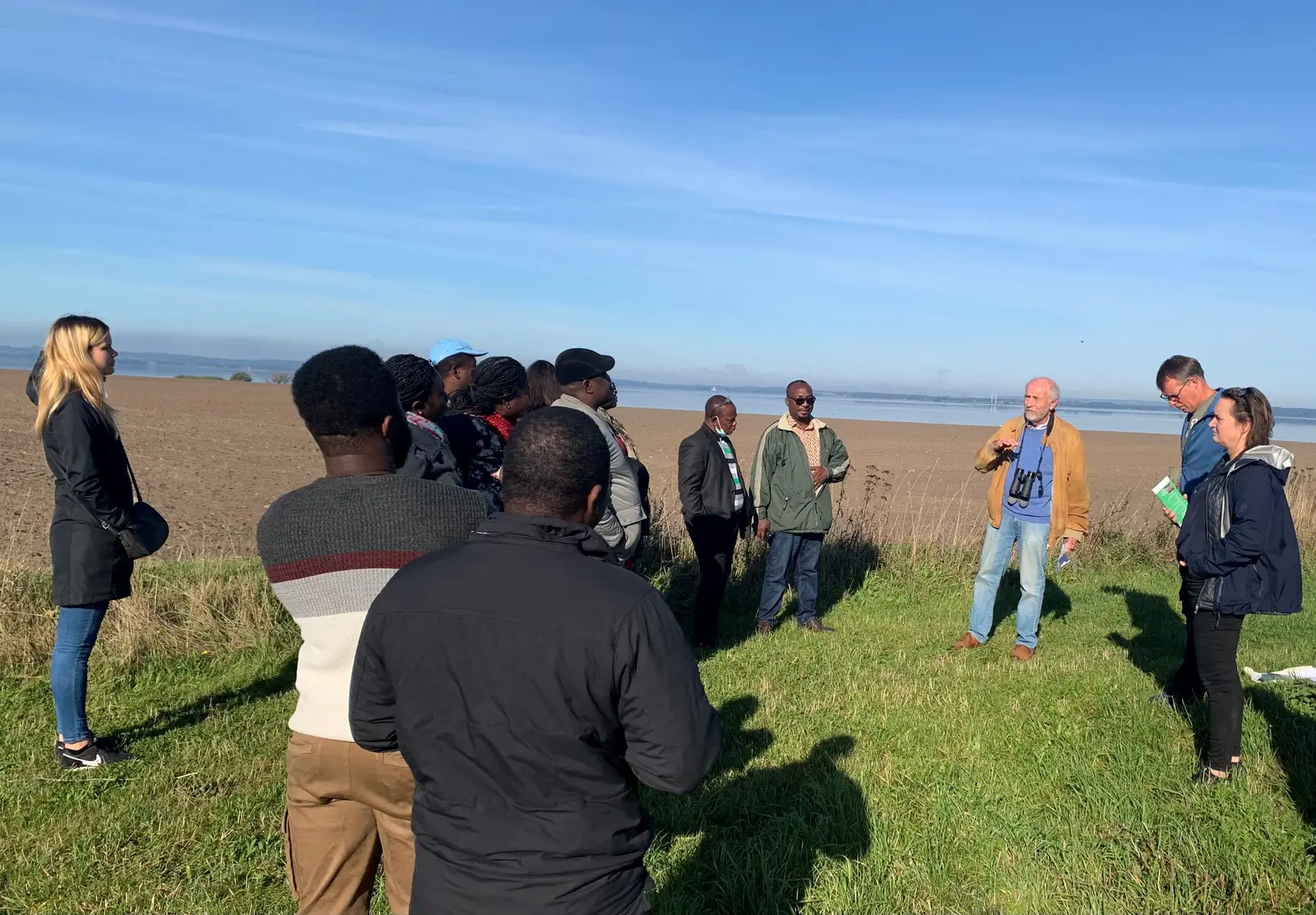HNEE aims to become even more international
Eberswalde University for Sustainable Development (HNEE) wants to fundamentally revise its internationalisation strategy. The "HNEE Internationalisation 2.0" project was successful in the third funding round of the "HAW.International" programme and will be funded alongside other selected universities by the German Academic Exchange Service (DAAD) alongside other selected universities.

There has already been a significant boost to internationalisation at HNEE in recent years: Further international study programmes have been created and new partnerships have been entered into worldwide. The current status of networking is here graphically illustrated. The foundation of the Biosphere Reserves Institute (BRI) in 2019 is exemplary for a development step towards more internationalisation. With the BRI, HNEE has created an interdisciplinary institute that brings together the scientific excellence of several professorships at the university and operates both locally and globally in UNESCO biosphere reserves.
"These developments and other existing needs and ideas for the internationalisation of the university by employees and students make a comprehensive revision of the internationalisation strategy urgently necessary," says Vera Clauder, Head of the International Office at HNEE. With the HNEE Internationalisation 2.0 project, this will take place in a participatory process that involves all areas and status groups. In terms of both content and structure internationalisation as a third cross-cutting topic alongside sustainability and digitalisation at the entire university.
With the HAW.International programme, the German Academic Exchange Service (DAAD) has been funding innovative projects that contribute to the expansion of internationalisation at universities of applied sciences since 2019. In this year's third funding round, 30 new projects were selected to receive around 21 million euros in funding from the Federal Ministry of Education and Research (Bundesministeriums für Bildung und Forschung, BMWF) until 2025: HNEE's internationalisation project is one of them.
In the first year of the project, the focus is on reflecting on the current situation and expanding international contacts and potential partners. The aim is also to create a communication platform that supports cross-location digital teaching and cooperation work. In the second year of funding, an external evaluation will take place and the internationalisation strategy will be fundamentally renewed in a broad-based, university-wide process. The process will culminate in a celebratory event at the end of the second year, at which the new strategy will be published and the change process within the organisation will begin.
At the same time, there are plans to establish a network with partners in North America and Africa focussing on practical sustainability education. Students will be given the opportunity to come together to learn in international, transdisciplinary teams in UNESCO biosphere reserves.
Note on image material
The photos available here may be used for reporting purposes. Please note the copyright notice © HNEE / Uli Gräbener